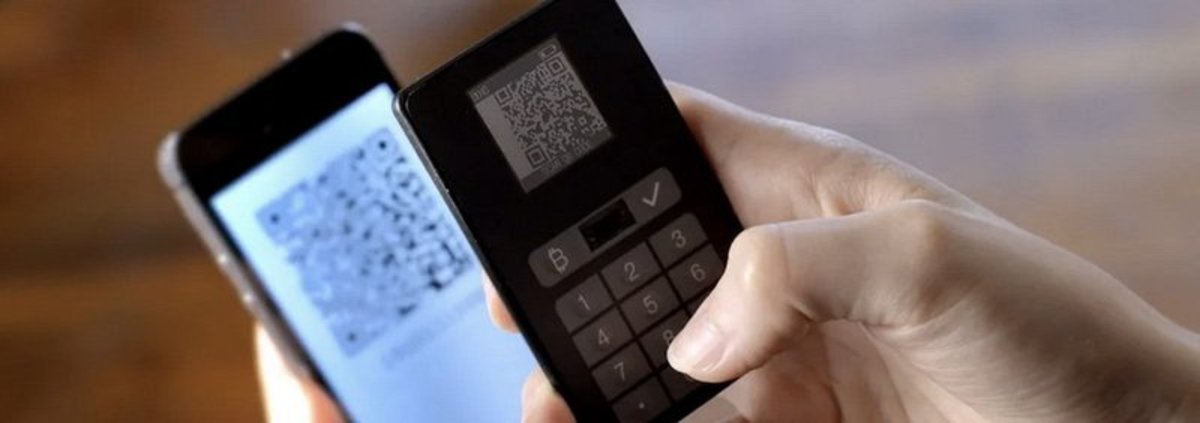
Bitcoin hardware wallet provider Case Wallet Inc. has raised USD $1.5 million in an equity seed funding round led by FuturePerfect Ventures, participated in by RRE Ventures, High Line Venture Partners and the Rochester Institute of Technology Fund.
The company launched its hardware wallet at TechCrunch NY on May 4, and has been receiving preorders for the first batch of the multisig, multi-factor and credit-card-size hardware bitcoin wallets set to be shipped this summer.
With the new financing, the company aims to search for other possible usages for its secure signing device that utilizes biometric data. According to the company, Case already has gained the interest of well-established financial institutions that hope to implement the system to handle sensitive user data.
The Case hardware wallet has several features and functionalities that complete a biometric data security and authorization system. Specifically, by using three main components of the device – a fingerprint scanner, a camera and a GSM chip in the hardware wallet – transactions are authorized or sent with fingerprint information, which are then processed on Case’s servers. Once the verification in its servers is complete, the transactions are signed by the Case servers and propagated to the Bitcoin network.
The Case wallet uses a multisig solution with three different private keys to ensure the security of bitcoin in case of a hacking attack or a data breach. One private key is kept by the user, the second is held by the company, and the third backup is controlled by a cryptographic key management solutions provider, Third Key Solutions, founded by Andreas Antonopoulos and Pamela Morgan.
According to the Case team, the same system that is used by Case bitcoin hardware wallet could be implemented to grant access to data and verify transactions in platforms of financial institutions, banks and organizations. The company is currently in the process of seeking partnerships with financial organizations to increase consumer adoption of its multi-layered biometric data security devices and system.
"As more important assets move to the blockchain (contracts, property and identity), having a completely secure way to store and transfer those assets becomes even more paramount," Case CEO Melanie Shapiro told Bitcoin Magazine.
"We're interested in not only servicing the consumer holding bitcoin, but also providing the banks using blockchain technology the power to manage who has the authority to execute transactions," she said. "We've built something far more robust and institution-friendly than traditional 2FA tokens."
As global financial organizations, banks and stock markets have begun to show interests in using the blockchain technology to optimize their systems, Case plans to continue searching for ways to integrate its biometric security system to settle transactions in many applications.
“The recent announcement that the Nasdaq is piloting blockchain technologies for different use cases underscores the promise of the technology, and Case is poised to provide trusted, decentralized and biometrically secure signing of those and similar transactions," Shapiro said in a statement.
"We’re looking forward to providing uncompromised security and ease-of-use for bitcoin buyers, sellers and users, to unlock the potential of bitcoin and blockchain technologies," Shapiro said. "Making highly secure signing and authentication available across a variety of applications is just the beginning.”
Case enters a market currently led by two popular hardware wallets commercially available, Ledger wallet and Trezor, both of which recently released multisig updates earlier this year. However, Case wallet is unique in the marketplace because of its simplicity and features that do not require users to link the wallet to another device, such as a smartphone or computer, in order to set up a secure multisig wallet.The company has also appointed Stephen Schultz as CTO as part of the plans for the new investment and to increase market adoption of its bitcoin hardware wallets. With over 20 years of experience in different technological platforms, Schultz is set to oversee the development of the company’s biometric data based security system and solutions.










